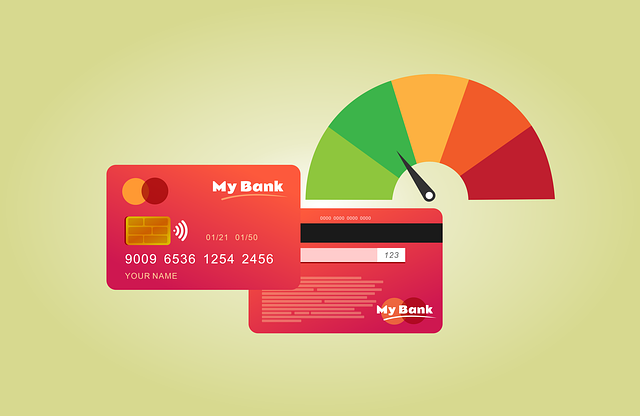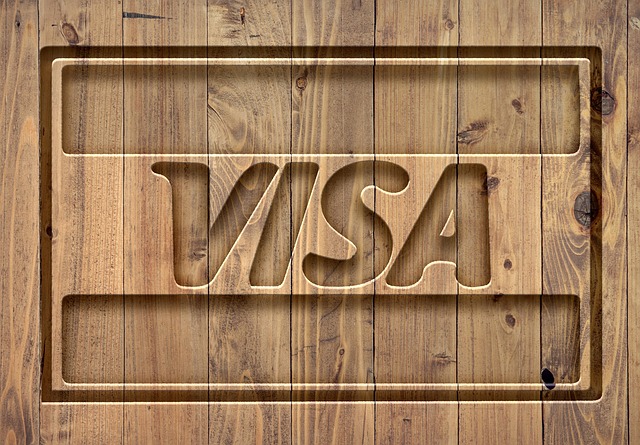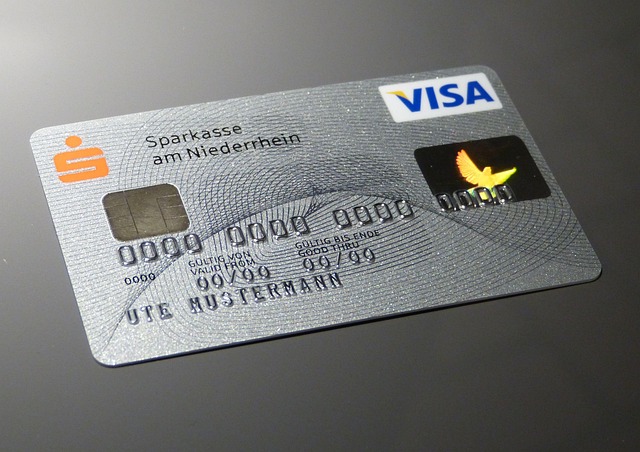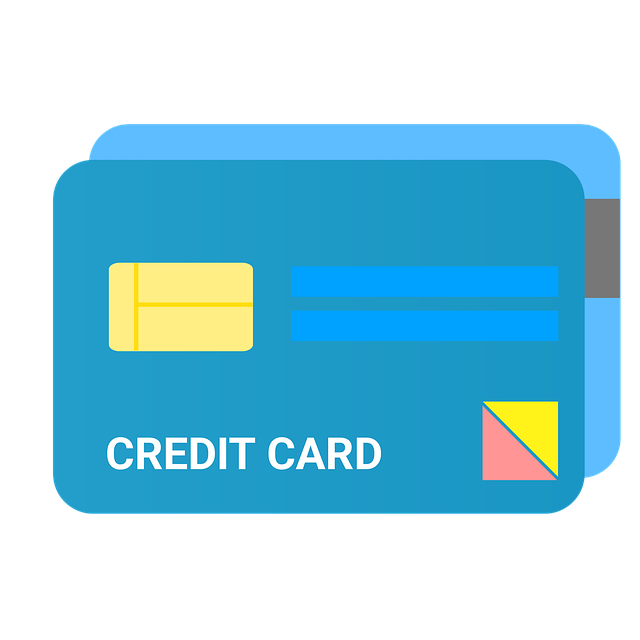Regularly checking credit reports for errors is crucial in the real estate market to avoid denied mortgage applications and higher interest rates. Common inaccuracies include incorrect personal info, outdated accounts, and inaccurate limits due to data entry or identity theft. Disputing these errors with credit bureaus improves credit scores, making borrowers more attractive to lenders. Correcting errors enhances loan eligibility, potentially leading to better terms for significant purchases like real estate.
When it comes to purchasing a home, a credit report is an essential document. However, errors in these reports are not uncommon. Understanding and correcting credit report inaccuracies can significantly impact your loan eligibility in real estate. This article guides you through the process of checking for and rectifying mistakes in your credit report, offering practical steps to ensure accuracy and improve your chances of securing a favorable mortgage.
Understanding Credit Report Errors in Real Estate

Credit report errors can significantly impact your ability to secure financing, especially in the competitive real estate market. In this context, inaccuracies on your credit report may lead to denied mortgage applications or higher interest rates. Common errors include incorrect personal information, outdated accounts, and inaccurate credit limits. These mistakes can arise due to data entry errors, account transfers between creditors, or identity theft.
When buying a home, it’s crucial to check your credit report well in advance. Reviewing it allows you to identify any discrepancies and dispute them with the credit bureau. Correcting credit report errors can improve your credit score, making you a more attractive candidate for lenders. In the real estate sector, where transactions are substantial and often depend on strict timelines, ensuring the accuracy of your credit report is vital for a seamless buying or selling process.
Checking for Inaccuracies: A Step-by-Step Guide

Checking your credit report for errors is a crucial step in maintaining a healthy financial profile, especially if you’re in the market for a mortgage or other loans in the real estate sector. Start by obtaining a free copy of your credit report from the major credit bureaus (Equifax, Experian, and TransUnion). Review it thoroughly, comparing the information to your records. Look for discrepancies such as incorrect personal information, accounts not recognized by you, payment errors, or negative items that shouldn’t be there.
Next, identify any inaccuracies using a step-by-step approach: verify each entry’s details, cross-check with your financial institutions, and keep track of the date and nature of disputes. If you find an error, dispute it immediately by contacting the credit bureau and providing supporting documents. This process may require some persistence, but it’s essential to ensure that your credit report reflects your financial history accurately.
Correcting Mistakes to Improve Loan Eligibility

Correcting credit report errors is a crucial step in enhancing your loan eligibility, especially when aiming to secure financing for major purchases like real estate. Mistakes on your credit report can significantly impact your credit score, which lenders use to assess your financial health and determine interest rates. Common errors include incorrect account information, outdated data, or inaccurate negative notations.
When these mistakes are corrected, it reflects positively on your creditworthiness. Lenders view a clean and accurate credit report as an indication of responsible financial management. This can lead to better loan terms, lower interest rates, and increased chances of approval for significant real estate transactions. It’s worth noting that regular reviews of your credit report can help identify and rectify errors early, ensuring your financial profile remains robust.






